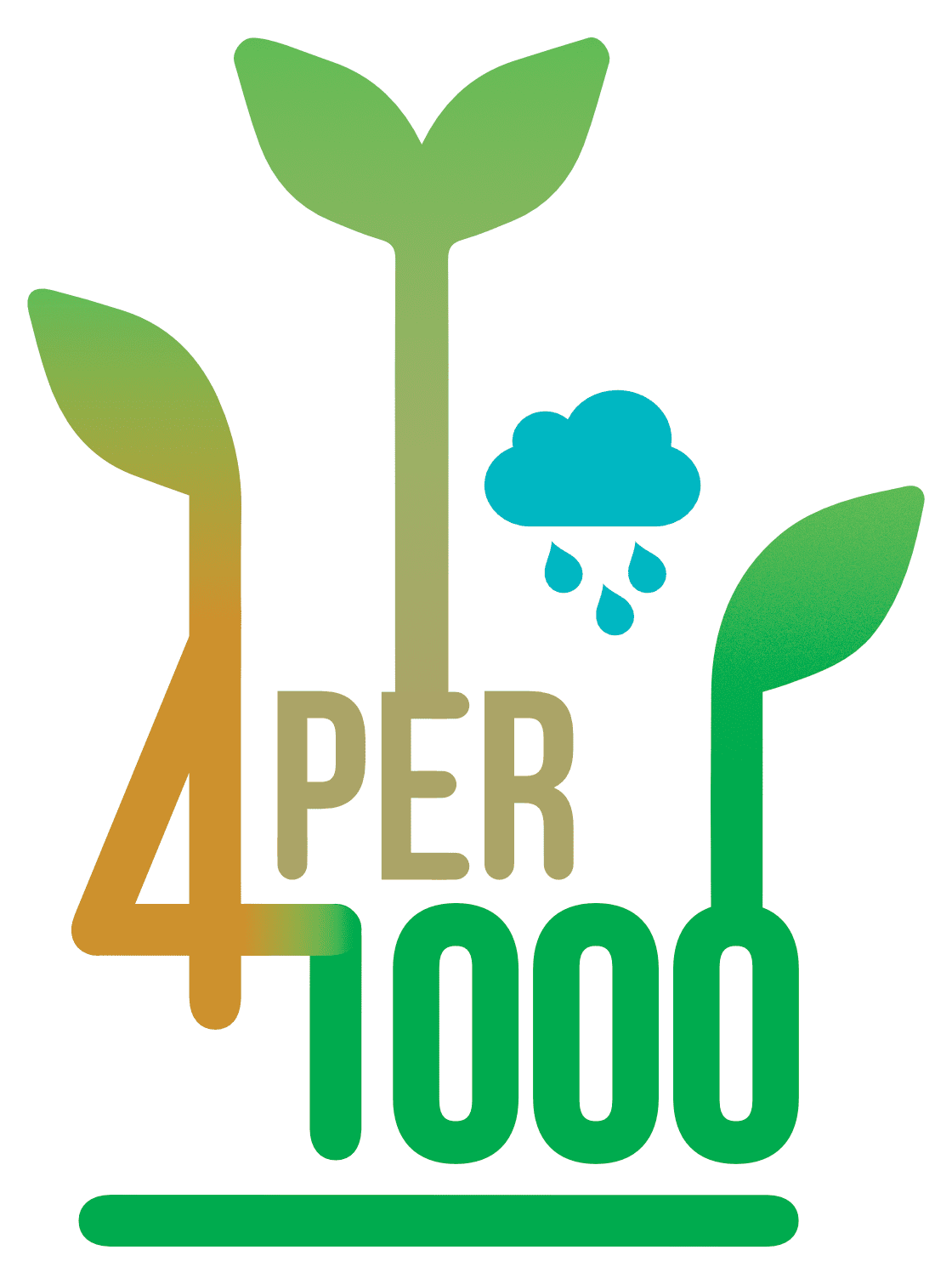The resources of the Initiative
In this section, find the resources (various documents, reports, videos, etc.) published by the “4 per 1000” Initiative and its Partners.
Sort By
- Title
DATA4C: Bases de données du Cirad sur le Carbone des Sols – 2021 – CIRAD
Circasa: Newsletter
Brochure: “CIRCASA Project Results” – 2021 – CIRCASA Project
Author : CIRCASA Projet, July 2021CIRCASA project ended in February 2021, the following PDF document summarizes ...
“Comment l’agriculture peut-elle gérer sa transition écologique ?” – 2019 – Les Echos
Les Echos - Solutions, 18 janvier 2019
“Compost Impacts More Than You Think (infographic)” – 2018 – Institute for Local Self Reliance
Institute for Local Self Reliance/ Brenda Platt - 2 Apr 2018
“Construyendo sistemas productivos resilientes” – 2018 – El Economista
Los efectos del cambio climático en la actividad agrícola y pecuaria son tangibles. Es posible observar alteraciones en la duración de los ciclos agrícolas por la temperatura, disminución en los rendimientos por menores lluvias, mayor vulnerabilidad de razas y variedades poco resistentes a los cambios de condiciones, así como la expansión de las zonas de transmisión de enfermedades y plagas.
“Conversion of lowland tropical forests to tree cash crop plantations loses up to one-half of stored soil organic carbon” – 2015 – O.van Straaten, M.D.Corre, K.Wolf, M.Tchienkoua & al
Oliver van Straaten, Marife D. Corre, Katrin Wolf, Martin Tchienkoua, Eloy Cuellar, Robin B. Matthews,
& Edzo Veldkamp.
Tropical deforestation for the establishment of tree cash crop plantations causes significant alterations to soil organic carbon (SOC)
dynamics. Despite this recognition, the current Intergovernmental
Panel on Climate Change (IPCC) tier 1 method has a SOC change factor
of 1 (no SOC loss) for conversion of forests to perennial tree crops,
because of scarcity of SOC data.
“Could soils help save the climate?” – 2018 – Deutsche Welle
Soils are a double-edged climate sword. They are huge reservoirs of organic carbon and can act as a carbon sink. But they can also release CO2 into the atmosphere when used unsustainably.
“Countries’ commitments to soil organic carbon in Nationally Determined Contributions” – 2021 – L.Wiese, E.Wollenberg, V.Alcántara-Shivapatham, M.Richards, S.Shelton, S.E.Hönle & al
Authors : Liesl Wiese, Eva Wollenberg, Viridiana Alcántara-Shivapatham, Meryl Richards, Sadie Shelton, Susanna ...
“Current NPP cannot predict future soil organic carbon sequestration potential. Comment on «Photosynthetic limits on carbon sequestration in croplands» ” – 2022 – Budiman Minasny, Dominique Arrouays, Rémi Cardinael, Abad Chabbi, Mark Farrell & Al
Budiman Minasny, Dominique Arrouays, Rémi Cardinael, Abad Chabbi, Mark Farrell, Beverley Henry, Lydie-Stella ...
“Danone confirme son engagement pour le climat avec la reconnaissance de l’initiative Science-Based Targets et met l’accent sur l’agriculture régénératrice” – 2017 – Edubourse
Les objectifs de réduction des émissions de Danone ont été officiellement approuvés par l'initiative Science-Based Targets.
Video: “Can Farmers Be Climate Champions?” – 2019 – David McMillan
If you eat food, listen up! David McMillan, chef at “Joe Beef - Liverpool House”, wants to talk to you about regenerative agriculture. It's one of the least known yet most promising solutions to climate change. Video directed by Jean-Marc Abela and produced by Equiterre et Regeneration Canada - December, 2019
